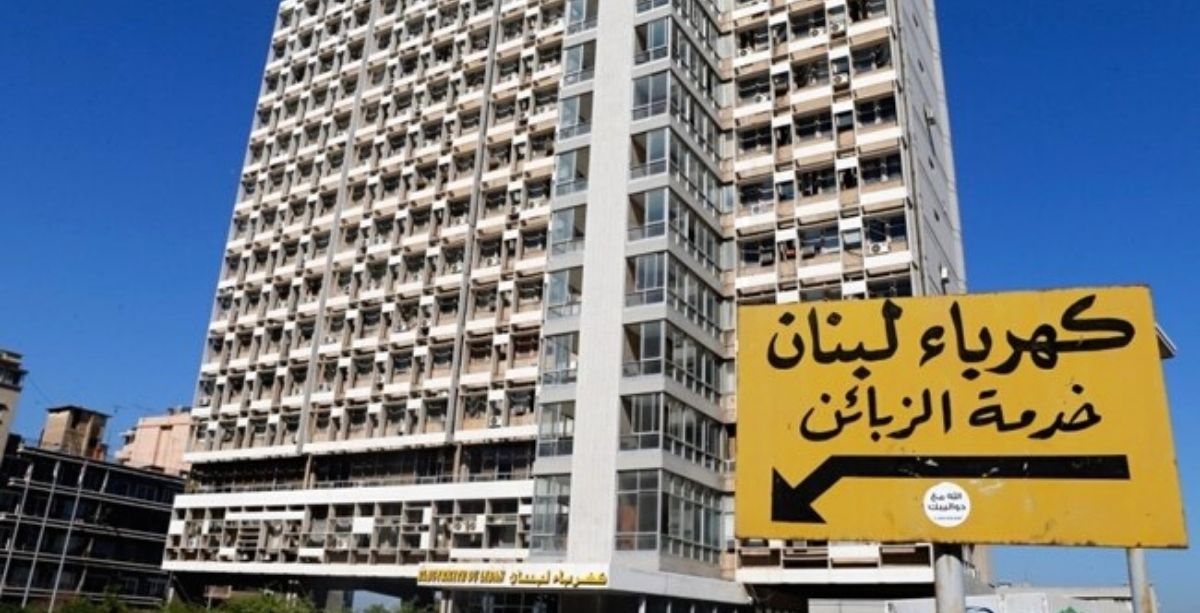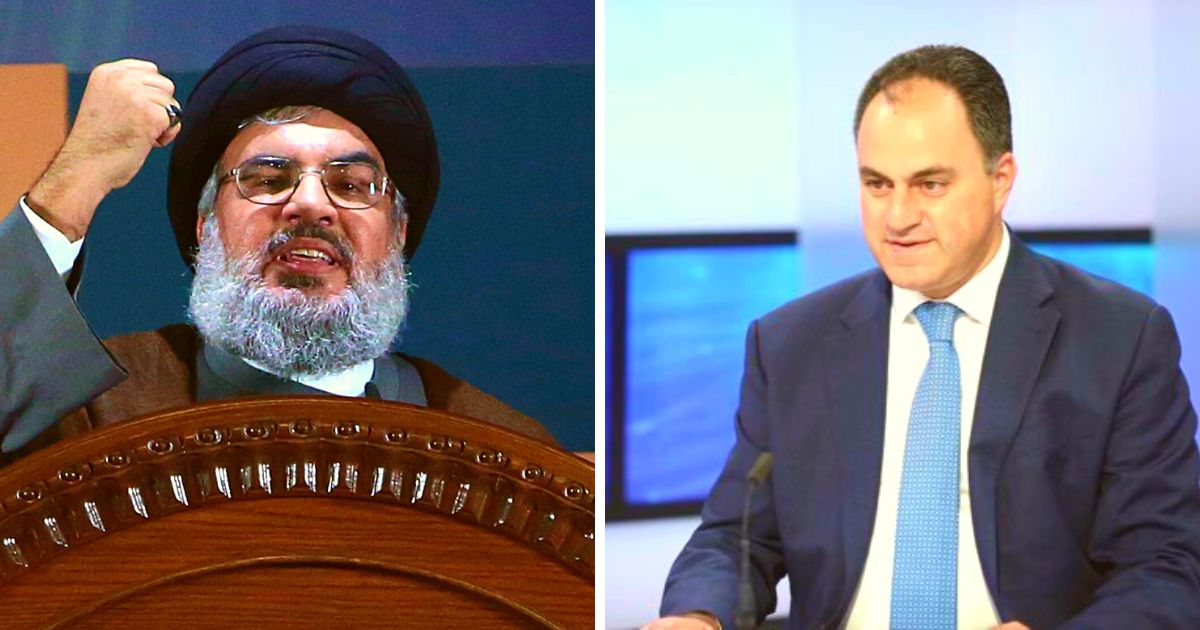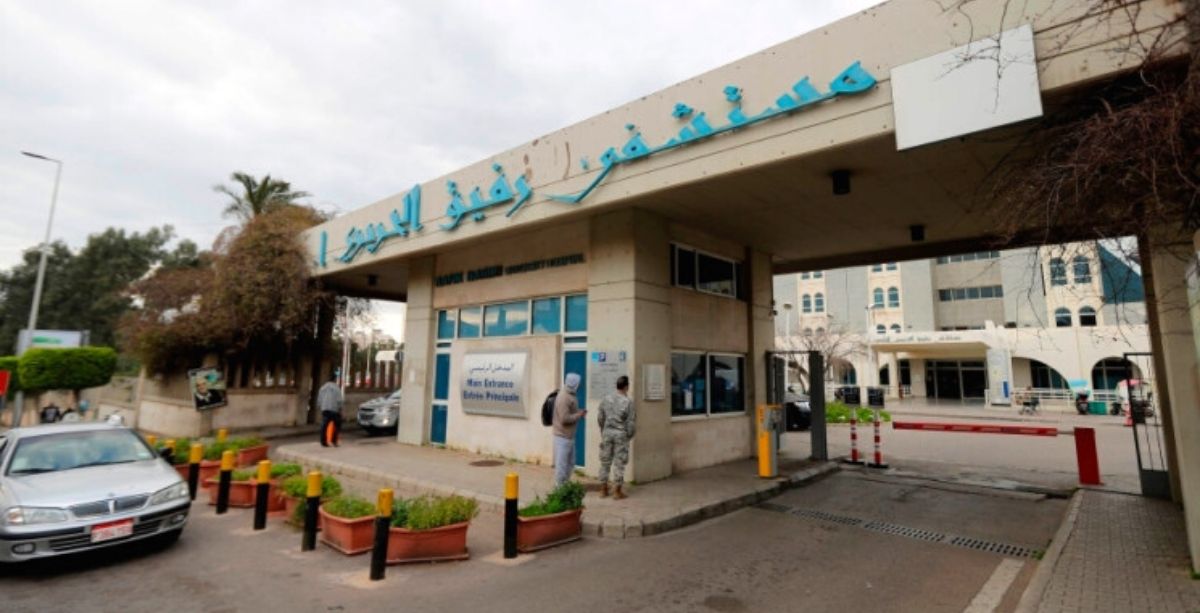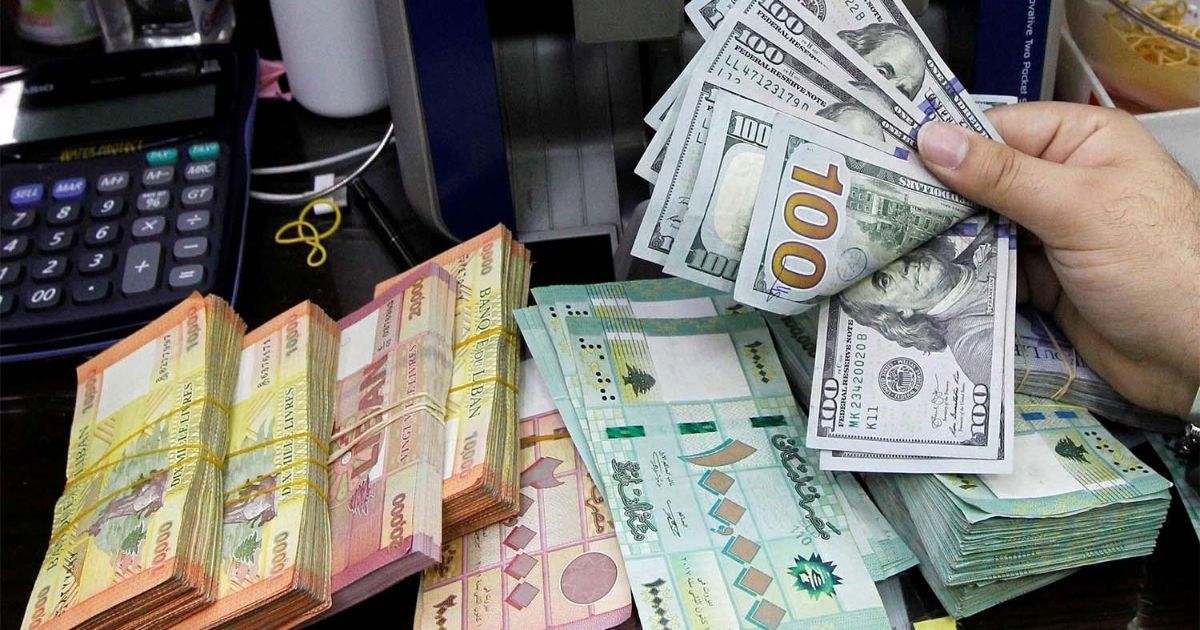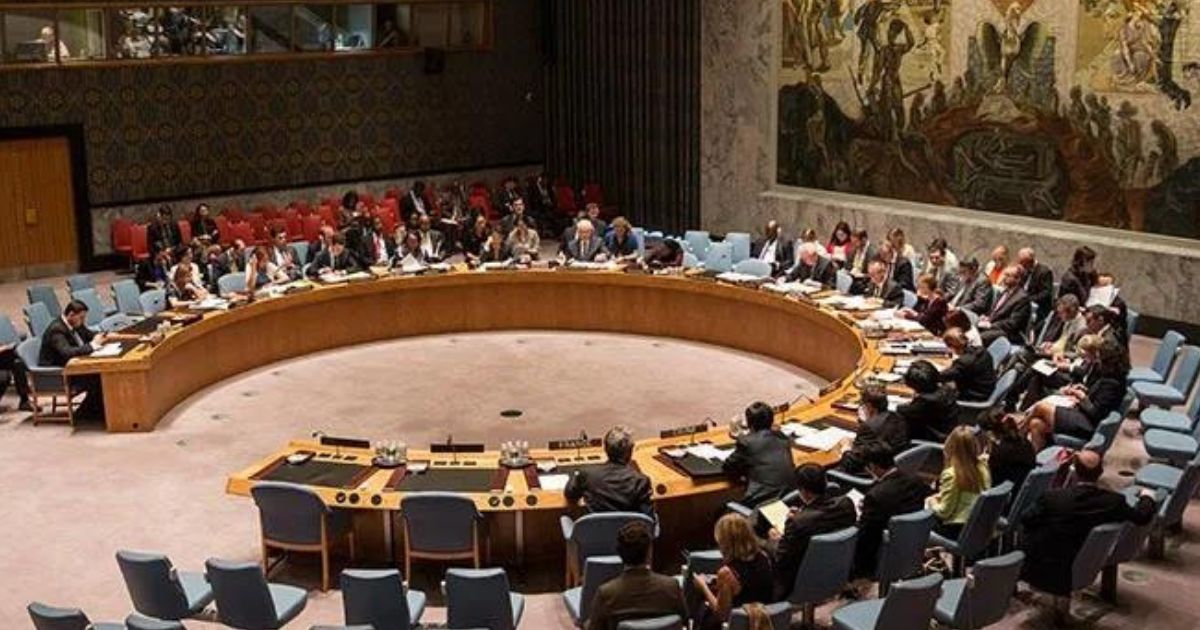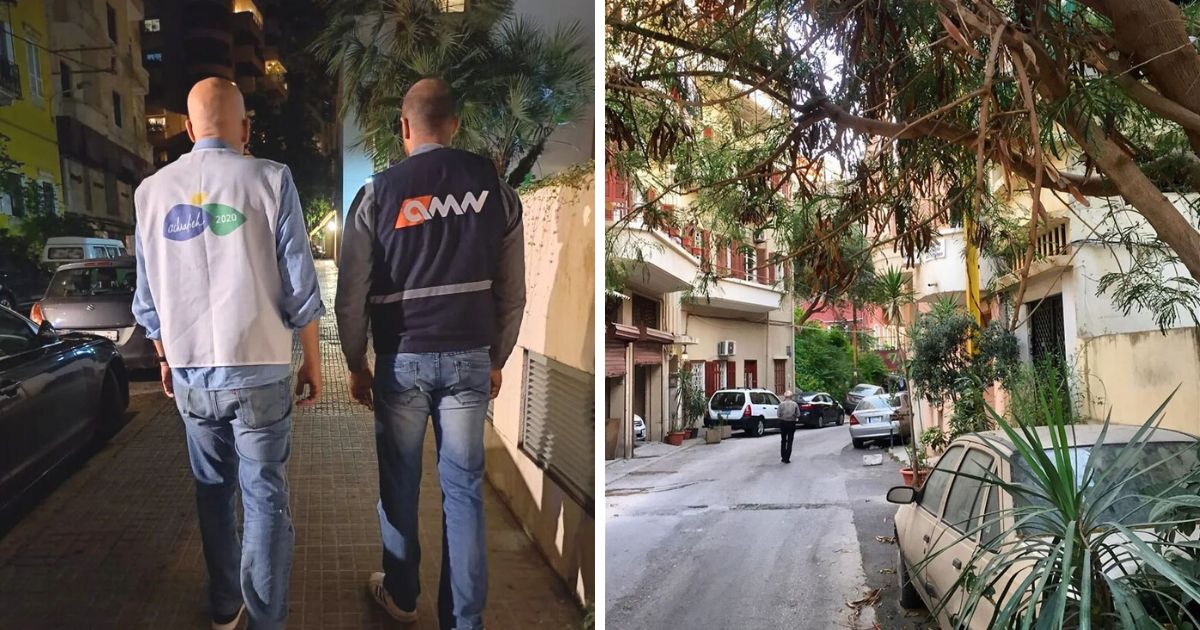As the last session of the resigning cabinet concluded, the Minister of Water and Energy Walid Fayyad received backlash for calling to wait before setting the energy decree on the cabinet’s agenda.
Fayyad denied declining the Lebanese People their right to electricity and replied to accusations of being hindered by political agendas by stating that his ministry has proved its independence throughout his term “as dictated by his conscience and national duty.”
Just a few days ago, PM Najib Mikati had stated that Fayyad “is trying to cover up what he did with confusing statements and positions.”
The fact remains that Lebanon has no minimal acceptable electricity and this ministry, like the previous ones, has majorly failed its function and responsibilities for over a decade.
When it comes to money wasted from the treasury over failed projects, the governments Lebanon had witnessed are like a well that keeps on giving.
In 2011, Kuwait offered to supply Lebanon with electricity under the condition that the process is supervised by a Kuwaiti council. A project that seemed with no prospects to further enrich those in charge in Lebanon was naturally thwarted.
Later on, in 2013, the Turkish Powerships FatmaGul Sultan and Orhan Bey arrived on the Lebanese shore amidst the many objections from the people that building powerplants in Lebanon from scratch would not cost as much as the maintenance of the ships would.
Time proved the people right, however, the ships made it to Lebanon under the supervision of Gebran Bassil who signed a contract with the Turkish Karadeniz company.
The prerequisite at the time was that the Turkish ships would be a temporary substitute for 3 years, and then, upon their takeoff from the Lebanese shore, people would be left behind with electricity 24/7.
The Turkish Ships left Lebanese shores around 8 years later on December 13th, 2021, with no electricity and a $1 billion decrease in the treasury.
The Karadeniz company made $880 million in revenue over the years reaching 2019, when Électricité Du Liban stopped paying its dues because of the financial crisis, leaving the debt accumulate to $220 million.
It is hard to believe that a plant could not have been built with that kind of wasted money, however, if the previous ministers proved futile, the MP Walid Fayyad has not done better, as evident with the status quo of the electricity’s supply, or lack of it.
While the state of the ministry is in shambles, the people are not looking for statements and justifications that only serve as a reminder of the insufferable situation they have reached.
Justifications and blame games have been a long-standing stance among the Lebanese officials with them always attempting to feed the people with excuses without any acknowledgment of their failure, let alone honestly declaring the real reasons behind the mess in their sectors.
Unlike in other democratic countries, officials failing in their responsibilities do not resign or are asked to in Lebanon.
They instead ask for an extension or more time that neither the people nor the country has or they even run for reelection as if what they have inflicted on the people is to be disregarded as insignificant.
Lebanon is crippled in its many ministries and sectors, not by natural disasters or fate or an overnight tragedy, but by years of widespread negligence, mismanagement, ineptitude, and corruption.
